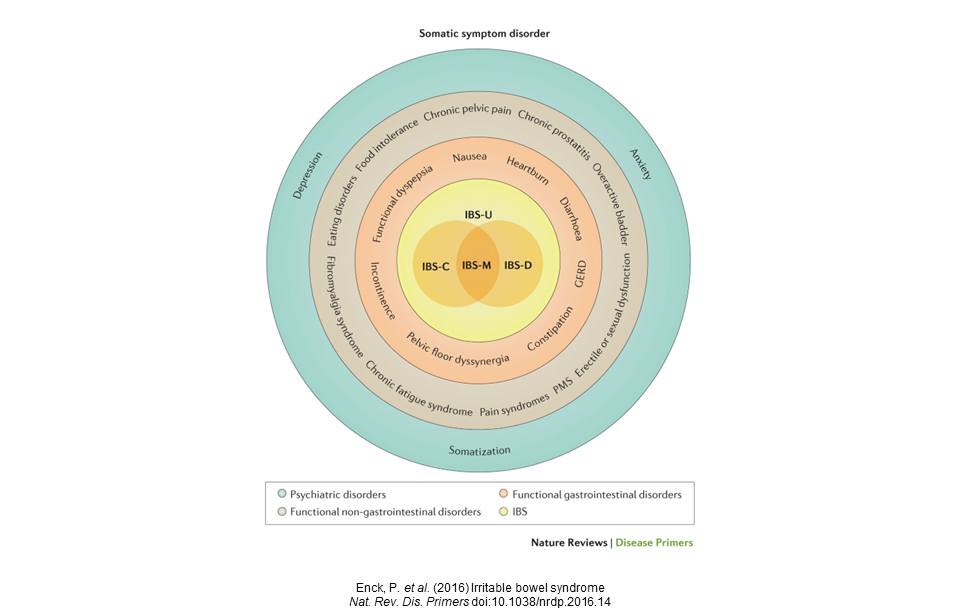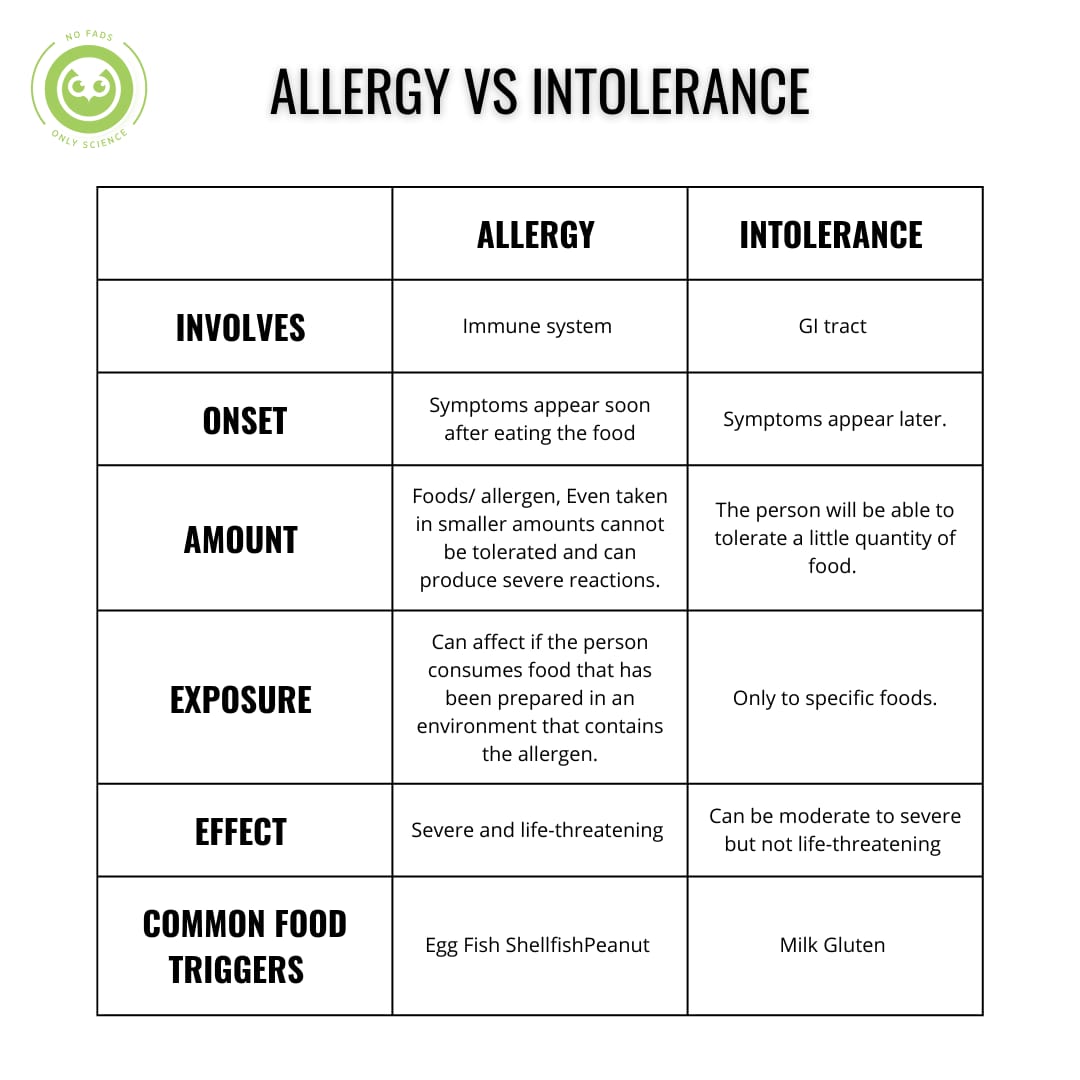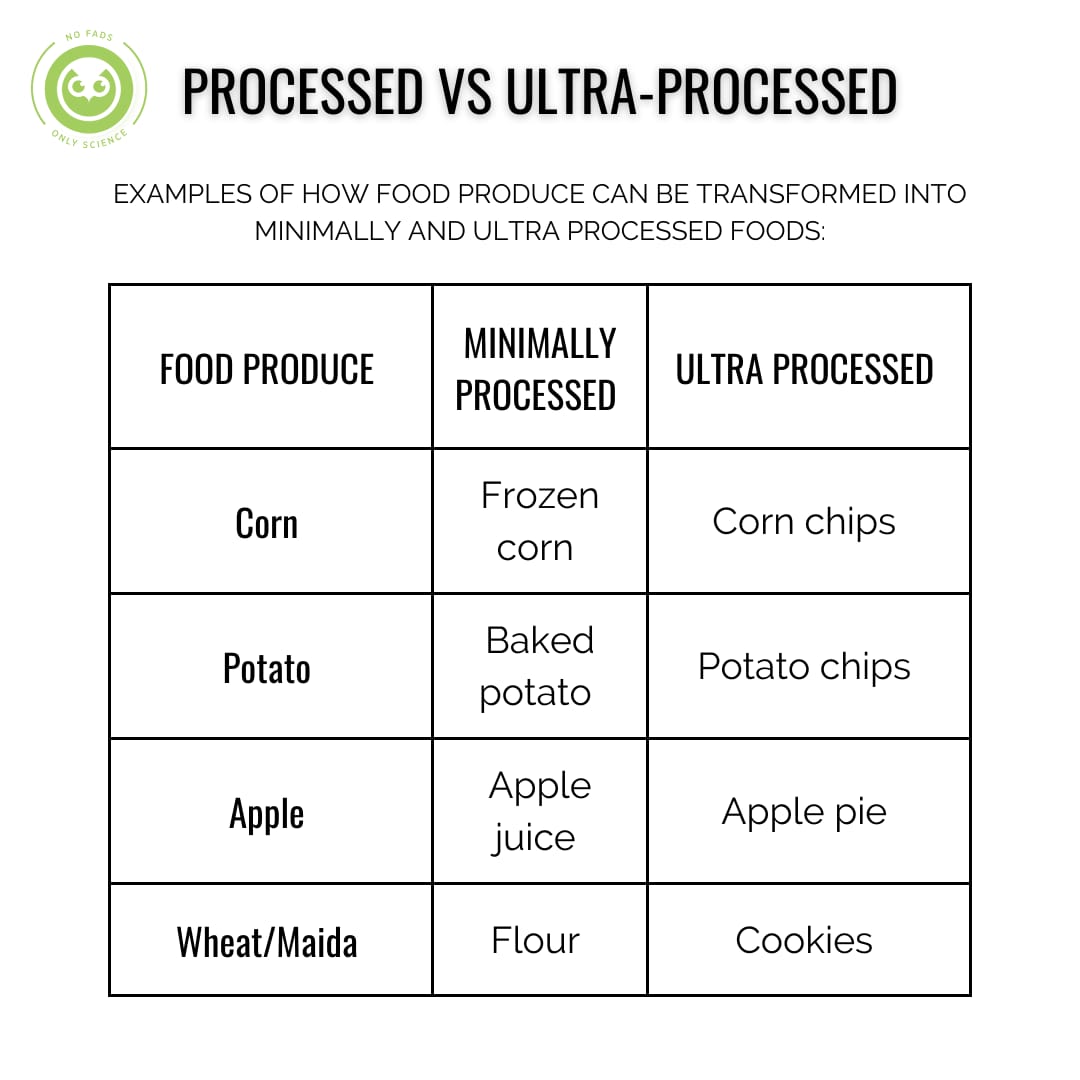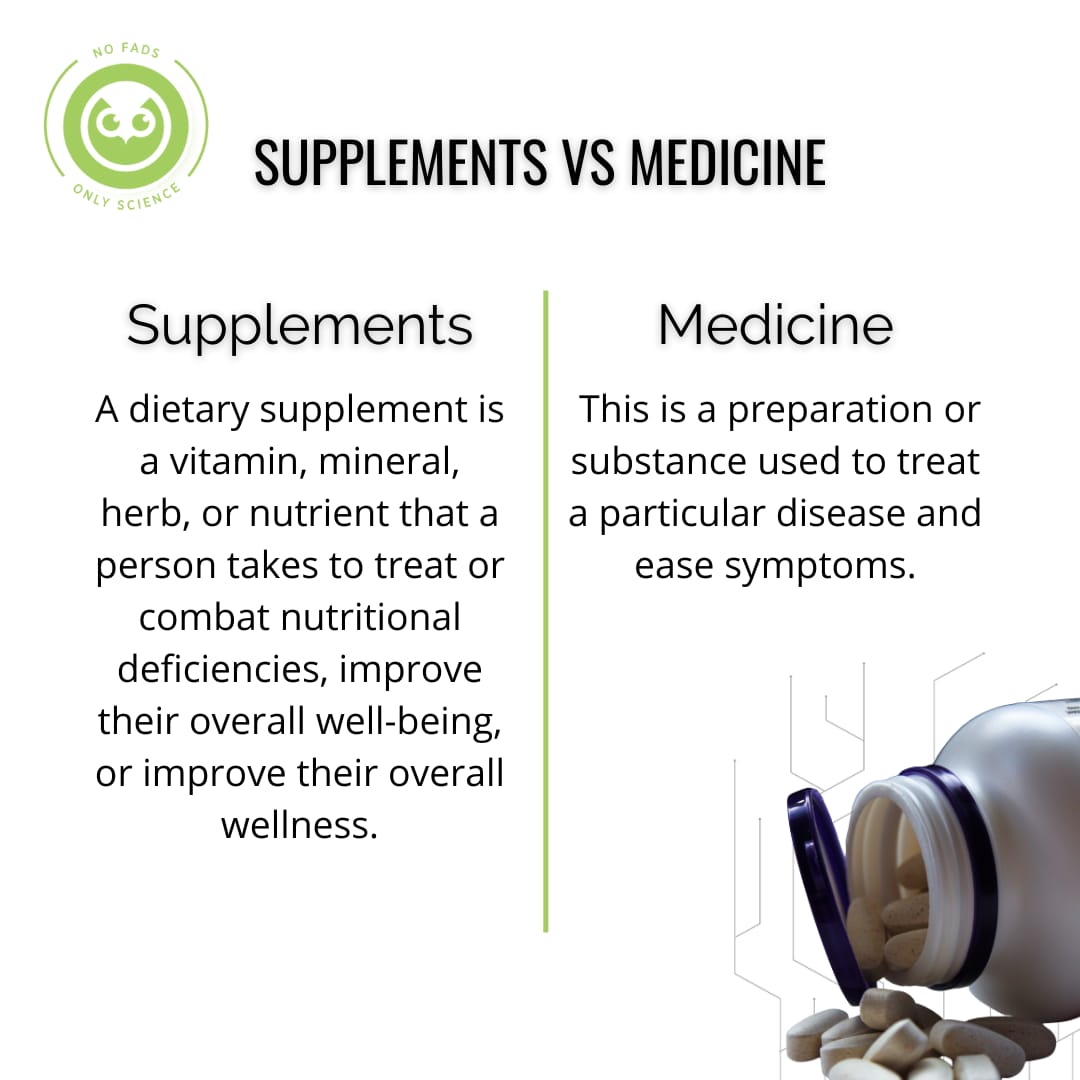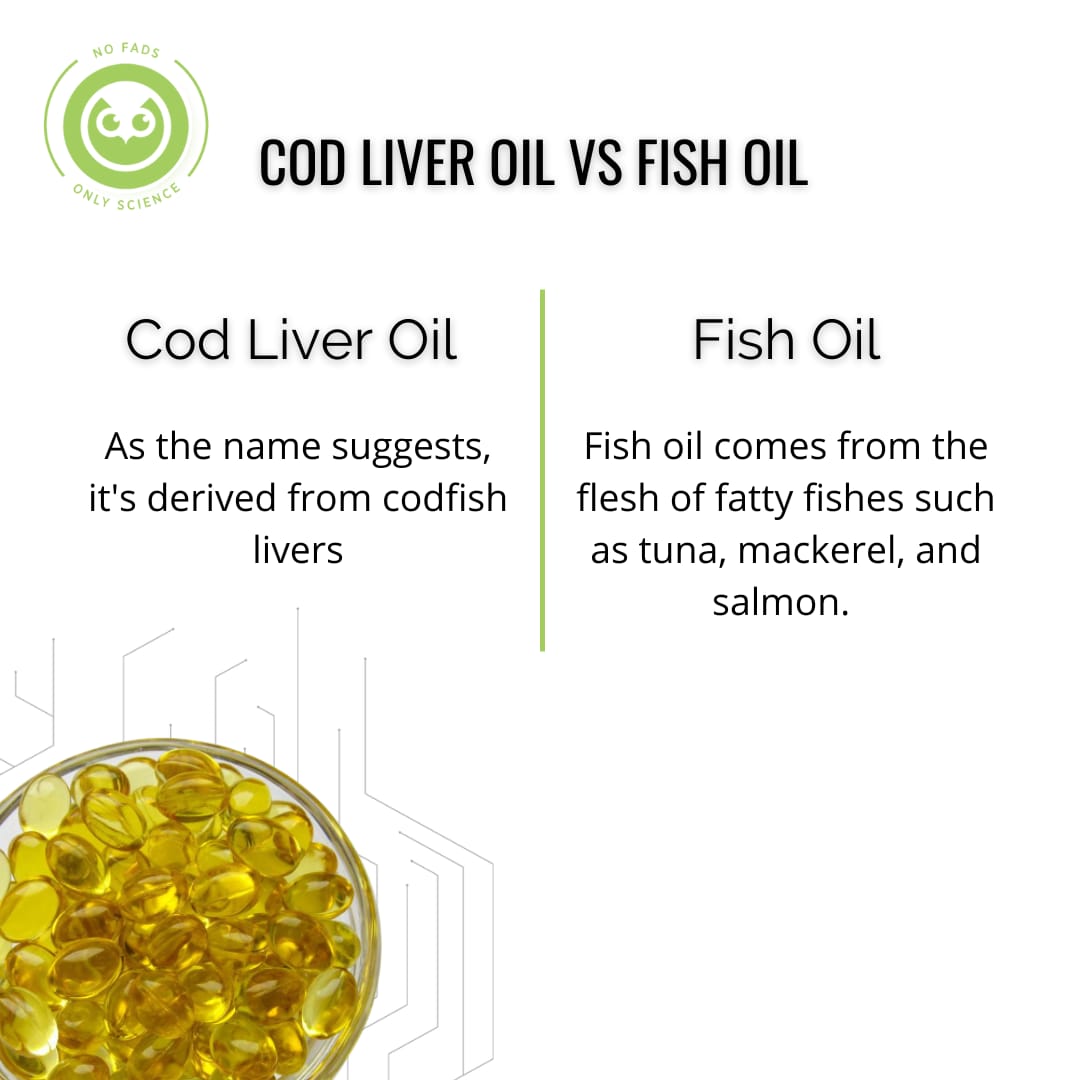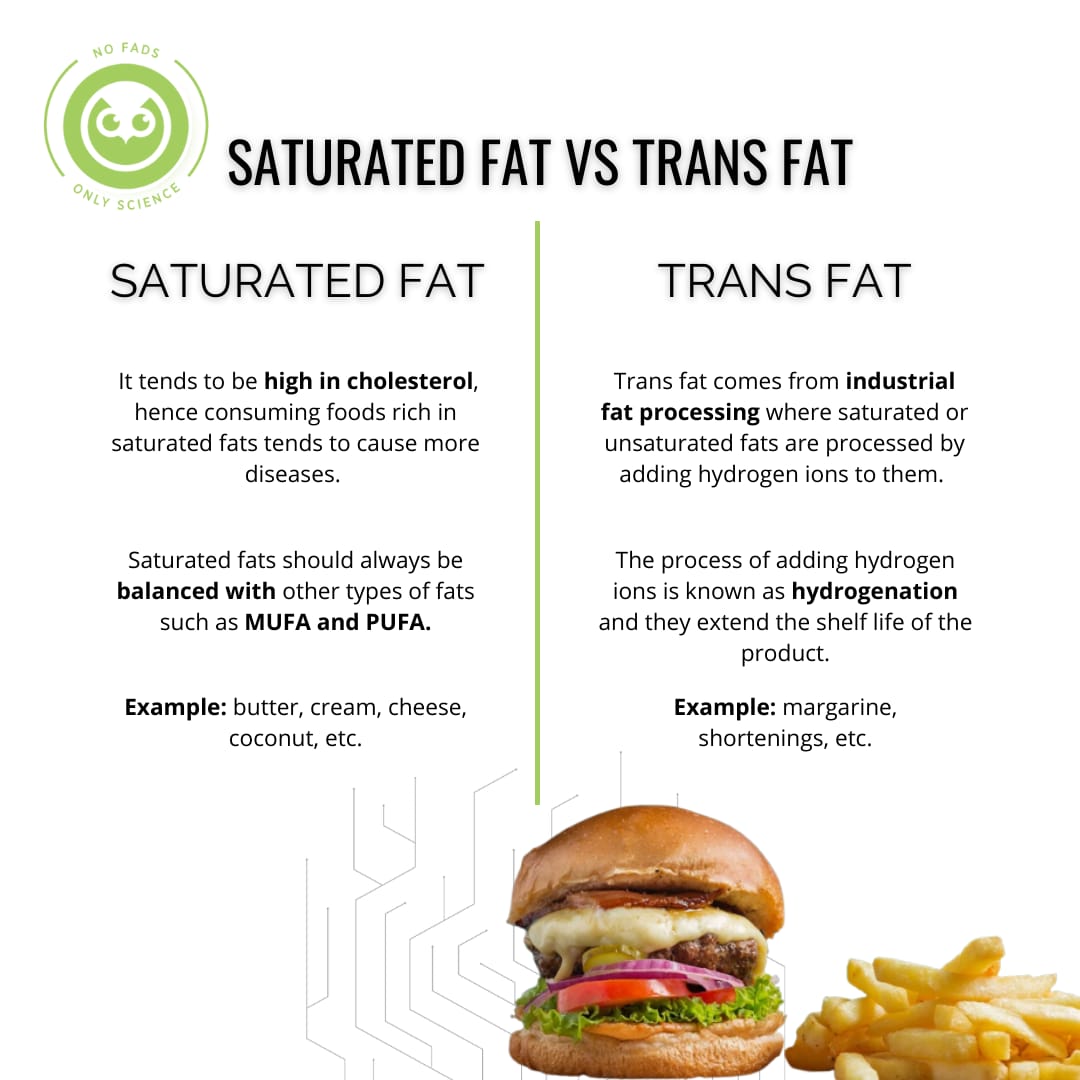Introduction:
Oncology nutrition is important in cancer care, proper nutrition plays a critical role in managing cancer treatment-related side effects, improving treatment outcomes, and enhancing the quality of life for cancer patients. In this blog, we will delve into various aspects of oncology nutrition, including the importance of a balanced diet, strategies to manage the side effects of cancer treatment through nutrition, and the role of specific nutrients in cancer prevention and treatment. We will also discuss the importance of working with a certified Nutritionist to develop an individualised nutrition plan based on the unique needs of each patient. By the end of this blog, you will have a better understanding of how proper nutrition can help manage cancer treatment-related symptoms and improve overall health outcomes in cancer patients. So, let’s get started!
Factors affecting the nutrition aspect in cancer patients:
- Cancer Treatment: Oncology nutrition is influenced by cancer treatments such as chemotherapy, radiation therapy, and surgery. These treatments can cause various side effects such as loss of appetite, taste changes, nausea, and vomiting that can lead to malnutrition.
- Cancer Type: The type and stage of cancer can also affect oncology nutrition. Certain cancers such as head and neck cancers can affect a patient’s ability to swallow, while digestive system cancers can impact nutrient absorption.
- Psychological and Emotional Factors: Cancer patients may experience anxiety, depression, and stress that can affect their appetite and nutrition. This can also impact their adherence to recommended diets.
- Pre-existing Nutritional Status: Patients who are malnourished before a cancer diagnosis is at higher risk of developing nutrition-related complications during cancer treatment.
- Lifestyle Factors: Unhealthy lifestyle habits such as smoking, alcohol consumption, and a diet high in ultra processed foods. These foods undergo ultra processing techniques which may increase the risk of developing cancer. And lack of fruits, vegetables and whole grains in the diet over a long period of time leads to various health conditions.
Symptoms of cancer patients:
- Loss of Appetite: Patients may experience a reduced desire to eat or difficulty consuming adequate amounts of food.
- Changes in Taste and Smell: Cancer treatments can cause taste and smell changes, leading to aversions and disinterest in certain foods.
- Nausea and Vomiting: Patients may experience these symptoms due to cancer treatments, leading to decreased appetite and poor nutritional intake.
- Digestive Problems: Cancer treatments can cause diarrhoea, constipation, and other digestive problems, leading to poor nutrient absorption.
- Weight Loss: Unintended weight loss can occur due to poor appetite and malabsorption of nutrients.
- Fatigue: Malnutrition can cause fatigue and weakness, leading to decreased physical activity levels.
- Cognitive Changes: Malnutrition can affect cognitive function, including memory, attention, and concentration.
Nutrition intervention for cancer patients:
- Dietary Modifications: Patients may require specific dietary modifications to manage symptoms and optimise nutritional intake. This may include increasing protein and calorie intake, consuming small, frequent meals, and avoiding foods that trigger nausea and vomiting.
- Nutritional Supplements: Supplements such as protein powders, and vitamins and minerals may be recommended to address nutrient deficiencies and improve overall nutrition status.
- Enteral and Parenteral Nutrition: In cases where patients cannot consume adequate amounts of food orally, enteral and parenteral nutrition may be recommended. Enteral nutrition involves feeding through a tube, while parenteral nutrition involves intravenous feeding.
- Exercise: Exercise and physical activity may be recommended to improve appetite and overall health
Common misconception about Oncology Nutrition:
Myth: Sugar feeds cancer cells.
- Fact: There is no conclusive evidence to suggest that sugar intake directly promotes cancer growth. In fact, many studies have failed to find a significant link between sugar consumption and cancer risk. Nonetheless, maintaining a balanced and healthy diet with a focus on whole foods can help reduce the risk of cancer and improve overall health.
Myth: A vegetarian diet is better for cancer patients.
- Fact: Even though a plant-based diet can have health advantages and lower the risk of some cancers, it’s not always superior to a diet that has animal products. For cancer patients, it’s important to have a customised nutrition plan that considers their specific needs and medical issues.
Myth: Cancer patients should avoid all fats.
- Fact: Fats are an essential component of a balanced diet and play a crucial role in providing energy and essential nutrients to the body. Many types of fats, such as omega-3 fatty acids found in fish, nuts, and seeds, have been shown to have anti-inflammatory effects and may be beneficial for cancer patients. However, it is important to consume fats in moderation and choose healthy sources of fats such as avocados, olive oil, and nuts.
Myth: Supplements are always safe and effective.
- Fact: While supplements can provide important vitamins and minerals, some may interact with cancer treatments or cause adverse effects. For example, some supplements can interfere with chemotherapy drugs or radiation therapy, potentially reducing their effectiveness. Additionally, some supplements may cause harmful side effects, especially when taken in large doses. Patients should always consult with their healthcare provider before taking any supplements, even those marketed as natural or safe.
Myth: Cancer patients should avoid all processed foods.
- Fact: Processed foods can be nutrient-dense and provide important nutrients for cancer patients. Canned and frozen fruits and vegetables are convenient, affordable and a great source of nutrients. Look for processed foods with low sodium, added sugars, and saturated fats by reading the labels.
Facts about Oncology Nutrition:
Fact: Adequate nutrition is crucial for cancer patients.
- Proper nutrition is vital for cancer patients to support their overall health and well-being during treatment. Patients who are well-nourished may have better treatment outcomes, improved immune function, and a better quality of life.
Fact: Protein is important for cancer patients.
- Protein is a crucial nutrient for cancer patients as it helps to maintain muscle mass, repair tissue, and support the immune system. Eating protein-rich foods such as lean meats, fish, and eggs can help ensure patients are getting enough protein to support their recovery.
Fact: Hydration is important for cancer patients.
- Cancer treatments can cause side effects such as nausea and vomiting, which can lead to dehydration. Staying hydrated can help manage these side effects and prevent dehydration, which can be a serious concern for cancer patients. Drinking enough fluids is essential for supporting the body’s functions and overall health.
Fact: Nutrition needs may vary depending on the type and stage of cancer and the type of treatment.
- Each patient’s nutritional needs may vary based on their type and stage of cancer and the type of treatment they are receiving. Developing individualised nutrition plans can help patients manage side effects and support recovery after treatment.
Fact: Nutritional counselling is an important part of cancer care.
- Nutritional counselling can help patients make healthy choices, manage treatment side effects, and support their overall health and well-being during and after cancer treatment.
Conclusion:
In summary, Oncology Nutrition is crucial in managing symptoms and improving treatment outcomes for cancer patients. Individualised nutrition plans developed with registered dietitians can help address the specific nutritional needs of patients. By prioritising Oncology Nutrition, healthcare providers can improve the overall quality of life for cancer patients.
Bibliography:
- “Nutrition in Cancer Care,” National Cancer Grid India, https://www.nationalcancergrid.org/nutrition-in-cancer-care.
- “Oncology Nutrition for Patients,” Tata Memorial Hospital, https://tmc.gov.in/tmh/index.php/en/patient-care-services/clinical-services/nutrition-in-cancer-care/oncology-nutrition-for-patients.
- “Nutrition and Cancer,” Indian Journal of Medical and Paediatric Oncology, https://www.ncbi.nlm.nih.gov/pmc/articles/PMC4959814/.
- “Nutrition Management in Cancer Care,” Journal of the Academy of Nutrition and Dietetics, https://jandonline.org/article/S2212-2672(18)31176-4/fulltext.
- “Myths and Facts About Cancer,” National Cancer Institute India, https://www.nciindia.in/myths-and-facts-about-cancer.
- “Nutrition in Cancer Care,” National Cancer Grid India, https://www.nationalcancergrid.org/nutrition-in-cancer-care.

